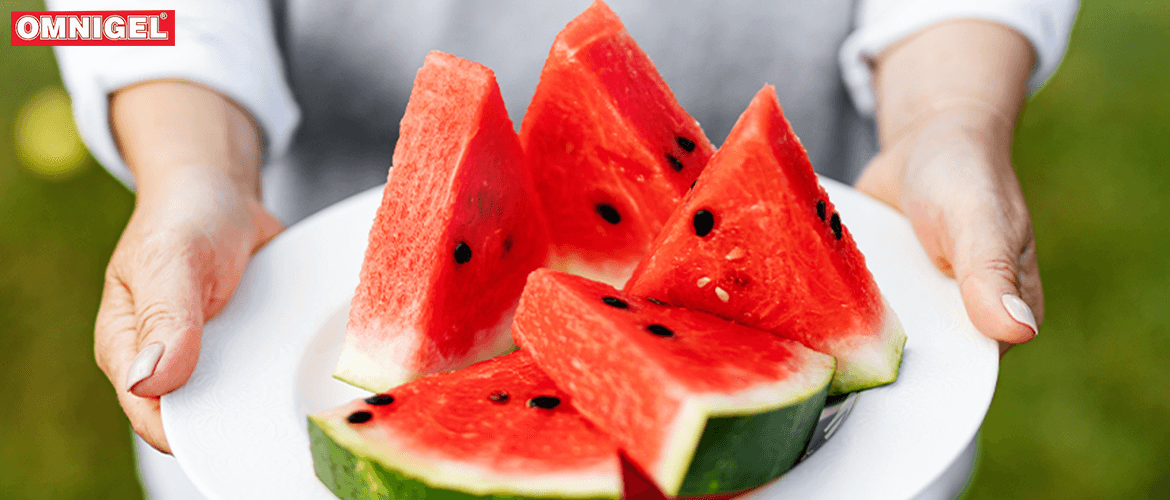Bothered by muscle cramps? Even though most muscle cramps aren’t due to anything serious, the discomfort and pain can be hard to deal with. Adding a few easily available foods to your diet could help you to avoid muscle cramps – especially if they’re linked to a nutrient deficiency.
What Causes Muscle Cramps?
Muscle cramps could have several triggers. They might be set off by something as simple as staying in one position without moving for a length of time. Overusing a certain muscle may also cause it to cramp up. Strain on a muscle can bring on cramps too. You may find yourself developing muscle cramps as a result of dehydration or even nutrient deficiencies. For these last two causes, what you eat can make a difference. Let’s take a closer look at the minerals and vitamins you need to consume to avoid this issue.
Nutrient Deficiencies That Cause Muscle Cramps
Your body operates with a fine balance between electrolytes and water and when that is disrupted and you consume inadequate levels of a certain nutrient, you may wind up with muscle cramps. Specifically, minerals like sodium, potassium, calcium, and magnesium are important . Muscle cramps have also been associated with deficiency of Vitamin B1 (Thiamine) and Vitamin B12(Cobalamin).
Foods That Can Help With Muscle Cramps
By ensuring adequate intake of these nutrients, you may be able to lower the chances of having an electrolyte imbalance or deficiency-related muscle cramps. Try and include these foods in your regular diet – mix and match the ones you like. But do ensure you also combine the intake of these foods with a balanced nutritious diet rich in all the other essential nutrients your body needs too.
- Bananas – Potassium, calcium, and magnesium
- Avocado – Potassium and magnesium
- Sweet potatoes – Potassium, calcium, and magnesium
- Dried Beans/Lentils(daals) – Magnesium and vitamin B1
- Melons – Potassium, calcium, magnesium, a little sodium, and water
- Curd/Yogurt – Potassium and calcium
- Watermelon – Plenty of water and some potassium
- Coconut water – Calcium, potassium, sodium, and magnesium
- Milk – Calcium, potassium, sodium, and vitamin B12
- Papaya – Potassium and magnesium
- Dark leafy vegetables like, spinach, broccoli, beet greens, kale – Calcium and magnesium
- Fish like sardines and salmon – Calcium, potassium, sodium, and magnesium
- Orange juice – Potassium
- Nuts – Vitamin B1,
- Whole grains and brown rice – Vitamin B1
- Eggs – Vitamin B12
- Meat/Chicken – Vitamin B12
Try Muscle Pain Spray To Battle Those Muscle Cramps!
While a modified diet plan could help over time, you might require immediate relief from the pain. For this, a topical pain relief remedy like a good pain spray can help. Simply apply a good quality muscle pain spray like Omnigel spray to the affected area and feel the pain wash away almost immediately. This diclofenac-based remedy is pain-relieving and anti-inflammatory and works on numerous types of muscle and joint pain.
Omnigel is available as a pain spray as well as gel at pharmacies both online and offline. Get this pain relief remedy now to ward off muscular aches and pains quickly the next time they strike!

